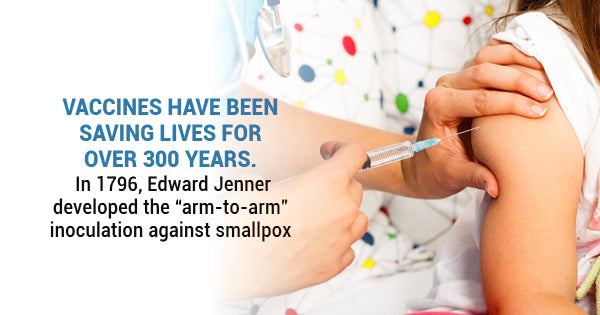Medical refrigerators and freezers play a number of roles in the developed world. They allow for the storage and protection of vaccines and medications in doctors offices, pharmacies, and laboratories. Since many medical products rely on specific temperatures and storage procedures, pharmaceutical refrigerators and laboratory freezers offer a safe, constantly monitored environment to help preserve and maintain their efficacy. Vaccines, in particular, have been saving lives for over 300 years, since Edward Jenner patented his arm-to-arm smallpox inoculation technique. Through this lifesaving discovery, the world has since eradicated the presence -- and associated risks -- of smallpox.
Ironically, the success of these medical grade refrigerators and medical freezers is why they're expected to increase in profitability and demand over the coming years. Since more people have access to vaccines and medications that require certain temperature controls, fewer are getting sick. Over the length of a lifetime, this creates a simple equation: a longer life, pure and simple.
By 2035, it's predicted that those at or above the age of 65 will outnumber those below that cutoff. Though they are living longer, they still need medical support -- and the places they receive such support are going to need medical refrigerators and freezers. Consider the volume hospitals need to be equipped to handle: from blood storage to cellular therapy treatments, temperature needs to be monitored.
As a result, the entire process is cyclical: people are living longer and healthier lives thanks to the success of vaccinations, they require more medical attention in their geriatric years due to the fragility aging populations face, and hospitals expand their inventory (which includes various lab freezers and scientific refrigerators) to sustain the growth. Who knows where our society -- and its medical advancements -- will progress to within the next few decades.
